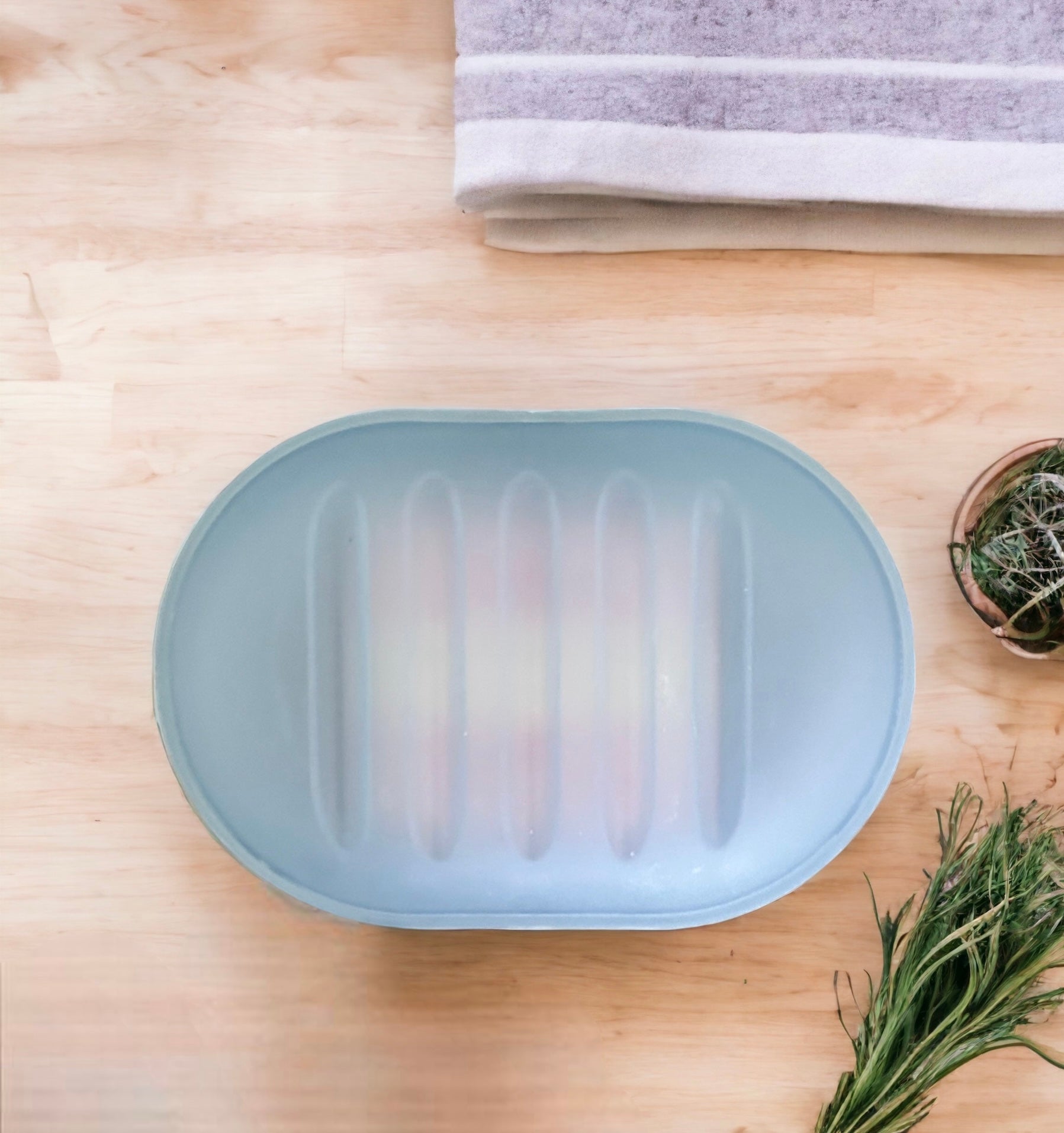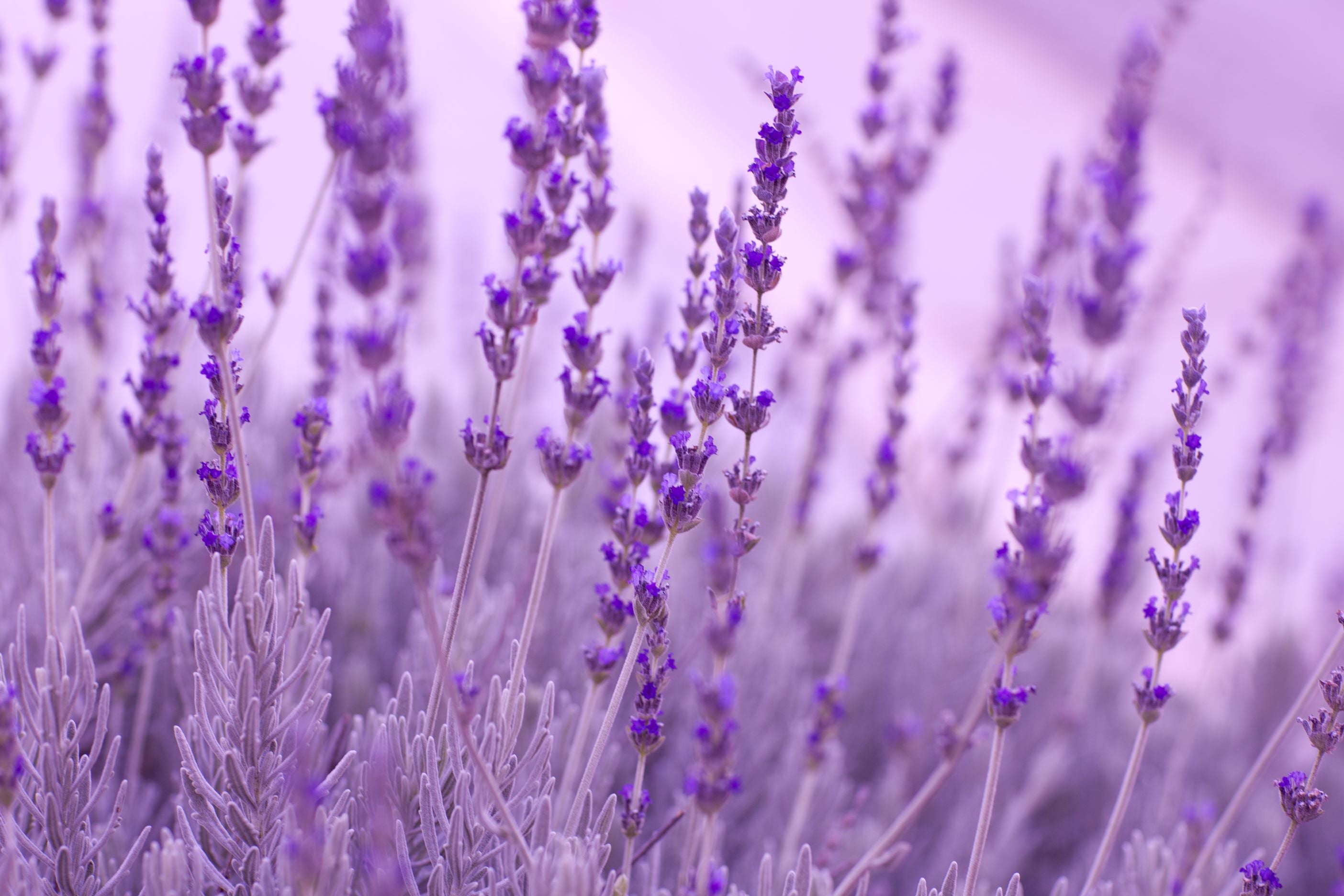Benefits of Herbal Baths
Herbal baths have been used for centuries to promote relaxation and soothe the mind and body. They offer a natural way to destress and can provide a range of therapeutic benefits. Here are some of the benefits of herbal baths:
Promote Relaxation and Reduce Stress
Herbal baths are an excellent way to reduce stress and promote relaxation. The warm water and soothing herbs can help calm your mind and ease tension in your muscles. This can be especially helpful if you suffer from anxiety or have trouble sleeping.
Improve Skin Health
Many herbs used in herbal baths have anti-inflammatory and antibacterial properties that can help improve your skin's health. They can help reduce inflammation, soothe dry or itchy skin, and even help treat conditions like eczema and psoriasis.
Relieve Muscle and Joint Pain
Herbal baths can also be effective in relieving muscle and joint pain. The warm water can help improve blood circulation, which can help reduce inflammation and ease pain. Certain herbs like eucalyptus and ginger have analgesic properties that can help alleviate pain and soreness.
Boost Immunity and Improve Respiratory Health
Herbal baths can also help boost your immunity and improve respiratory health. Certain herbs like eucalyptus, peppermint, and thyme have antiviral and antibacterial properties that can help fight off infections and improve respiratory function. They can also help relieve symptoms of colds and flu.

Types of Herbs and Their Benefits
There are many different types of herbs that can be used in herbal baths, each with their own unique benefits. Here are some of the most popular herbs used in herbal baths and their benefits:
Lavender
Lavender is a popular herb used in herbal baths for its calming and relaxing properties. It can help reduce stress and anxiety, relieve muscle tension, and improve sleep quality.
Chamomile
Chamomile is another herb that is commonly used in herbal baths for its calming properties. It can help reduce stress and anxiety, soothe dry or itchy skin, and promote better sleep.
Eucalyptus
Eucalyptus is a powerful herb that has many therapeutic benefits. It can help relieve muscle and joint pain, improve respiratory function, and boost immunity.
Ginger
Ginger is another powerful herb that has many therapeutic benefits. It can help relieve muscle and joint pain, improve circulation, and promote relaxation.
Peppermint
Peppermint is a refreshing herb that can help improve respiratory function, soothe sore muscles, and relieve headaches.

DIY Herbal Bath Recipes
Lavender and Chamomile Bath for relaxation
Ingredients:
- 1 cup of dried lavender flowers
- 1 cup of dried chamomile flowers
- 1/2 cup of Epsom salt
- 1/4 cup of baking soda
Instructions:
- Mix the dried lavender and chamomile flowers together in a large bowl.
- Add the Epsom salt and baking soda and mix well.
- Add the mixture to a warm bath and soak for at least 20 minutes.
Oatmeal and Chamomile Bath for skin health
Ingredients:
- 1 cup of dried chamomile flowers
- 1 cup of oatmeal
- 1/2 cup of Epsom salt
Instructions:
- Mix the dried chamomile flowers and oatmeal together in a large bowl.
- Add the Epsom salt and mix well.
- Add the mixture to a warm bath and soak for at least 20 minutes.
Ginger and Epsom Salt Bath for joint pain
Ingredients:
- 1 cup of fresh ginger root, grated
- 1/2 cup of Epsom salt
Instructions:
- Add the grated ginger to a large pot of boiling water.
- Reduce the heat and simmer for 10 minutes.
- Strain the ginger water into a warm bath and add the Epsom salt.
- Soak in the bath for at least 20 minutes.
Safety Precautions and Tips for Herbal Baths
While herbal baths are generally safe, there are a few precautions you should take to ensure a safe and enjoyable experience:
Check for Allergies
Before using any new herbs in your bath, be sure to check for allergies. Test a small amount of the herb on your skin before adding it to your bath.
Use Quality Herbs
Be sure to use high-quality herbs in your bath to ensure the best results. Look for organic, non-GMO herbs from a reputable source.
Don't Overdo It
While herbal baths can be incredibly relaxing, it's important not to overdo it. Limit your baths to once or twice a week to avoid overexposure to the herbs.
Stay Hydrated
Be sure to drink plenty of water before and after your bath to stay hydrated.
Avoid Hot Baths
Avoid taking hot baths, as they can dry out your skin and irritate certain conditions like eczema and psoriasis.
Where to Buy Herbs for Herbal Baths
You can find herbs for herbal baths at many health food stores and online retailers. Look for organic, non-GMO herbs from a reputable source.
Conclusion
Herbal baths offer a natural way to destress and promote relaxation. They can provide a range of therapeutic benefits, from reducing inflammation to improving respiratory function. By creating your own DIY herbal bath recipes, you can unlock the power of nature and rejuvenate your mind and body. So why not take some time for yourself today and indulge in the ultimate self-care ritual?




